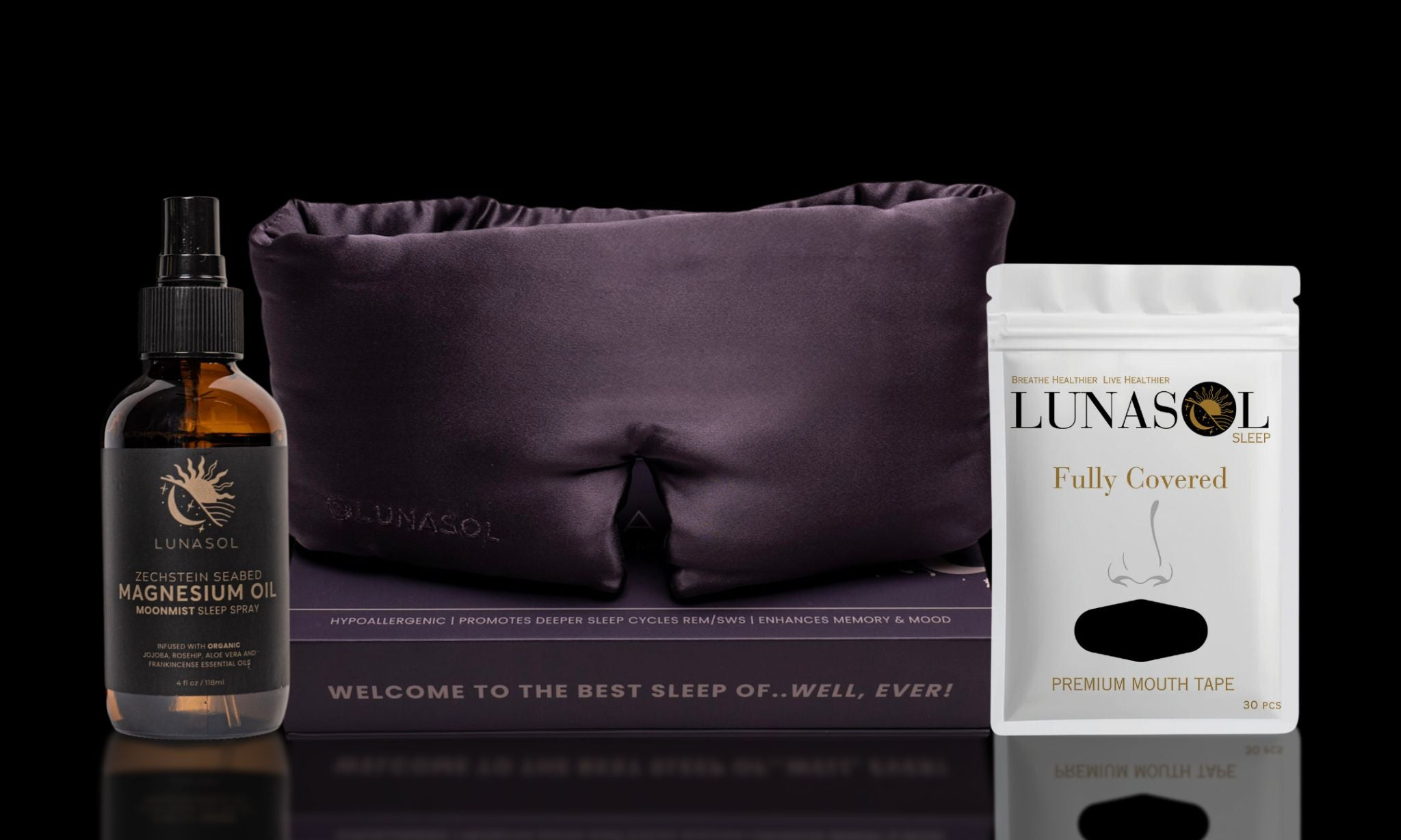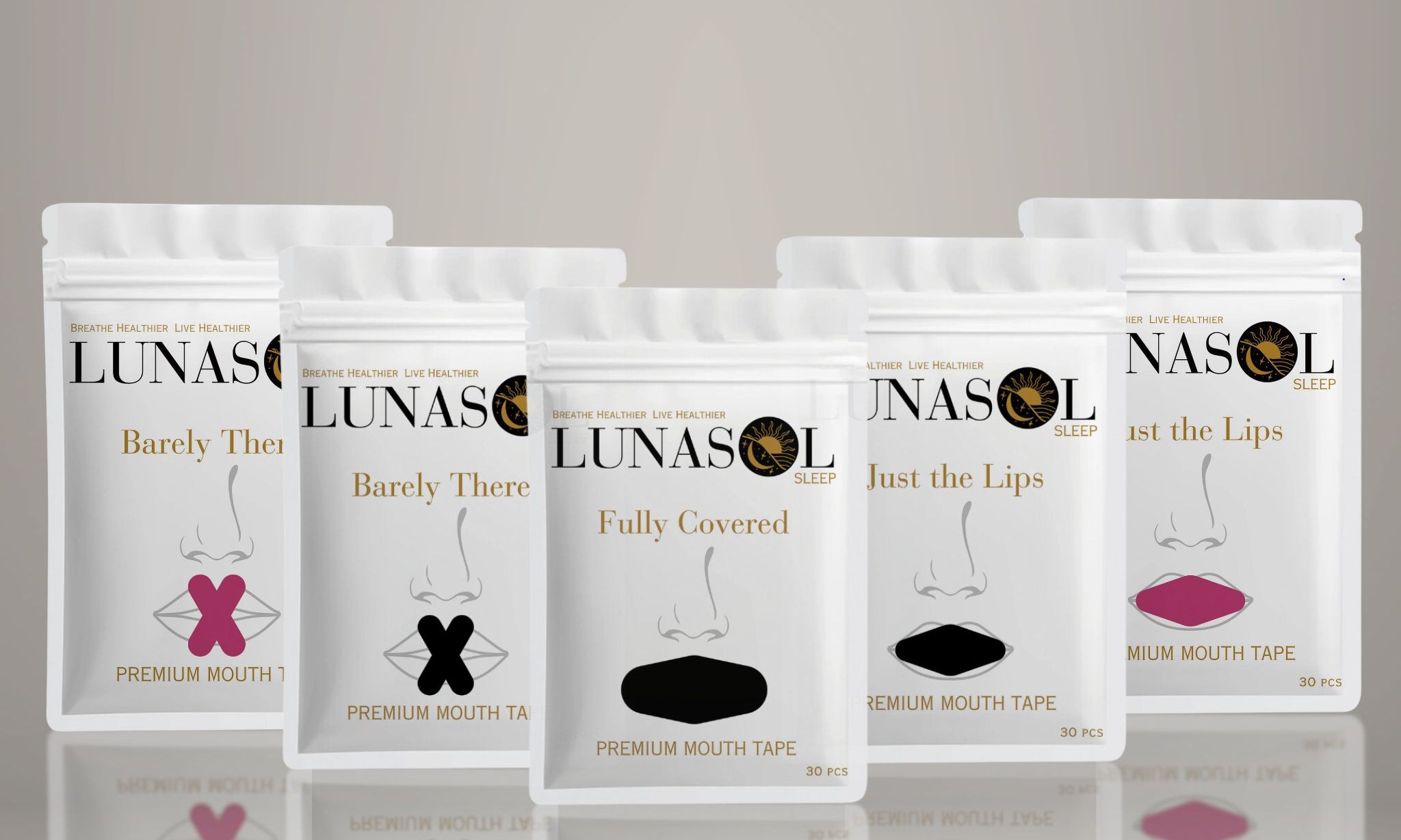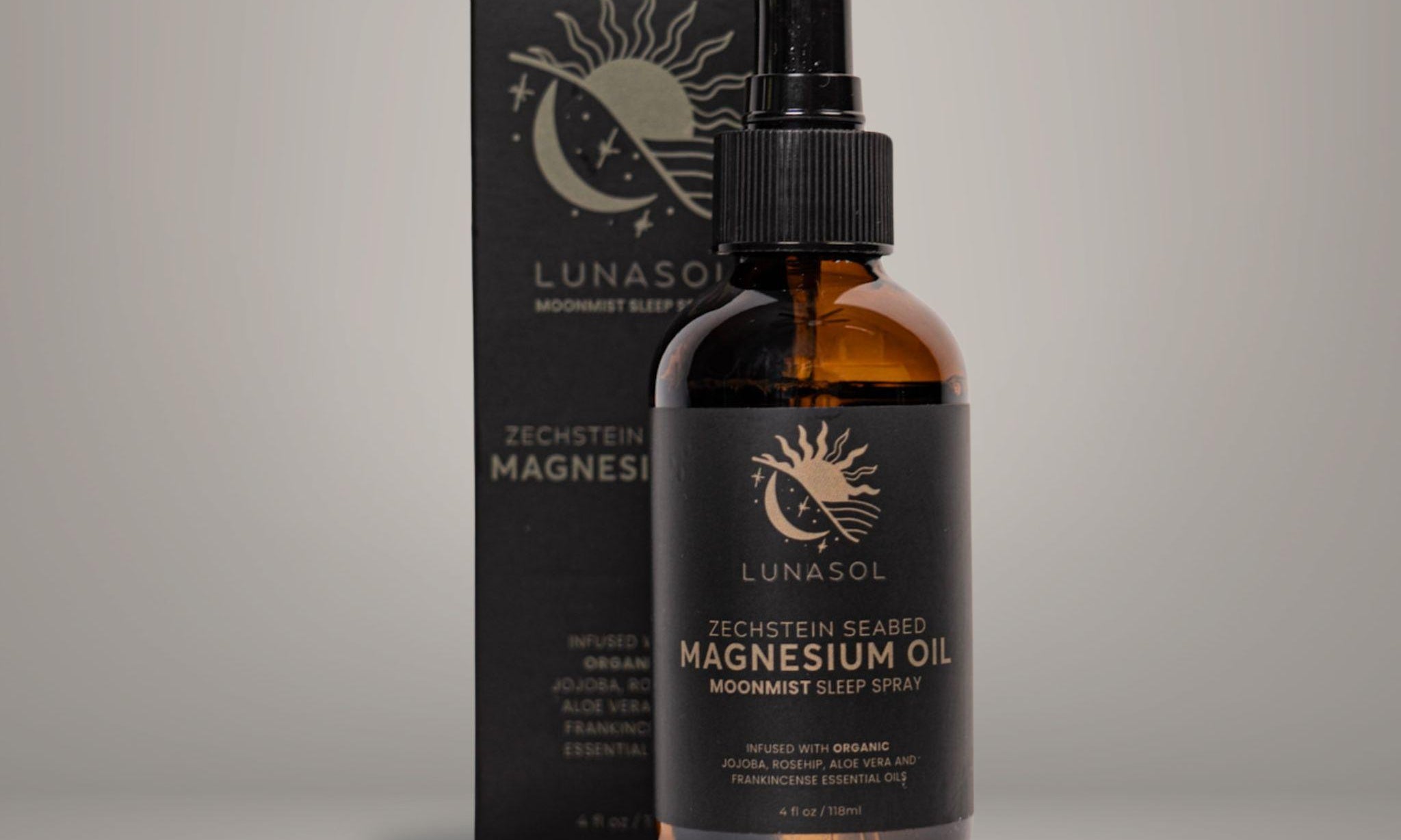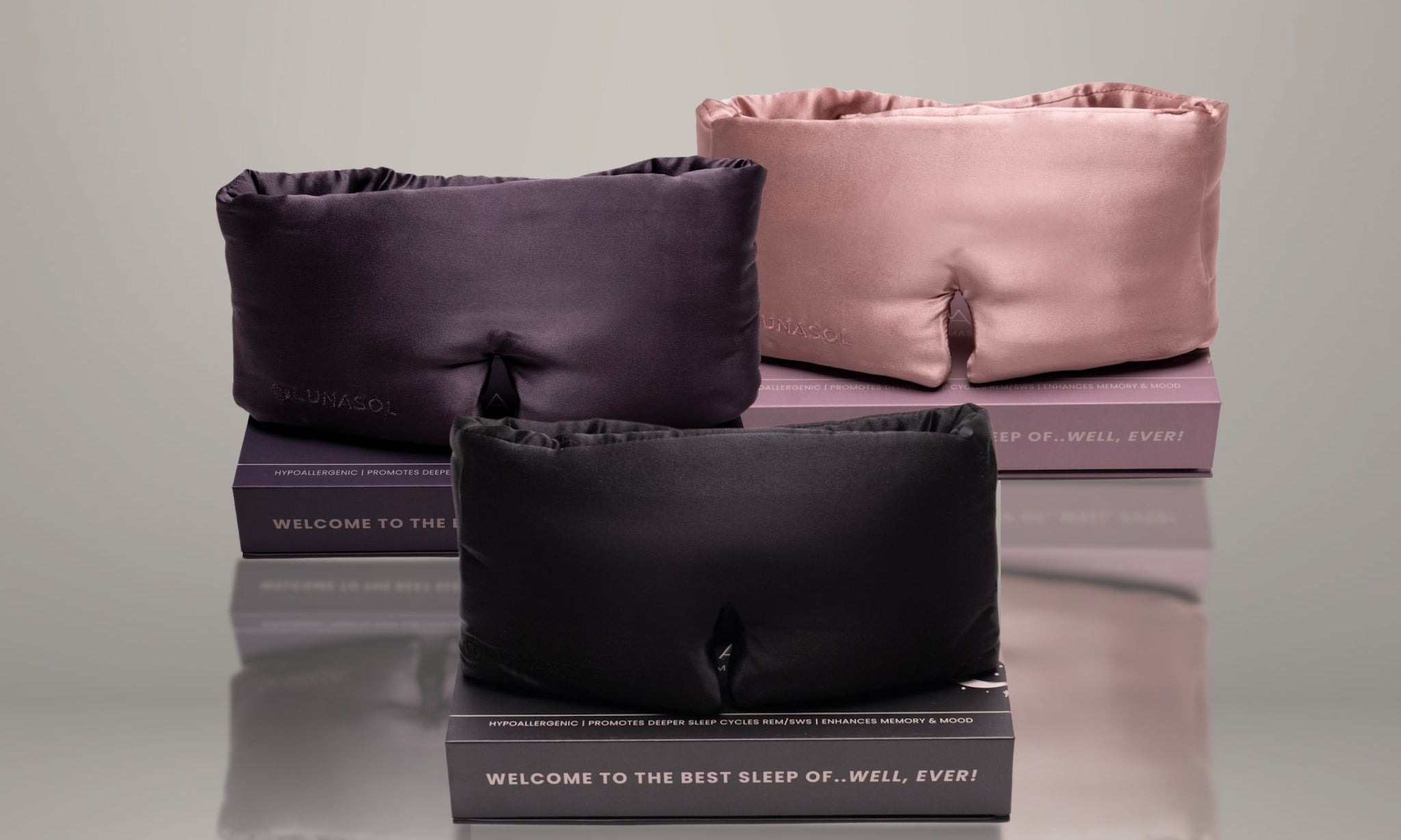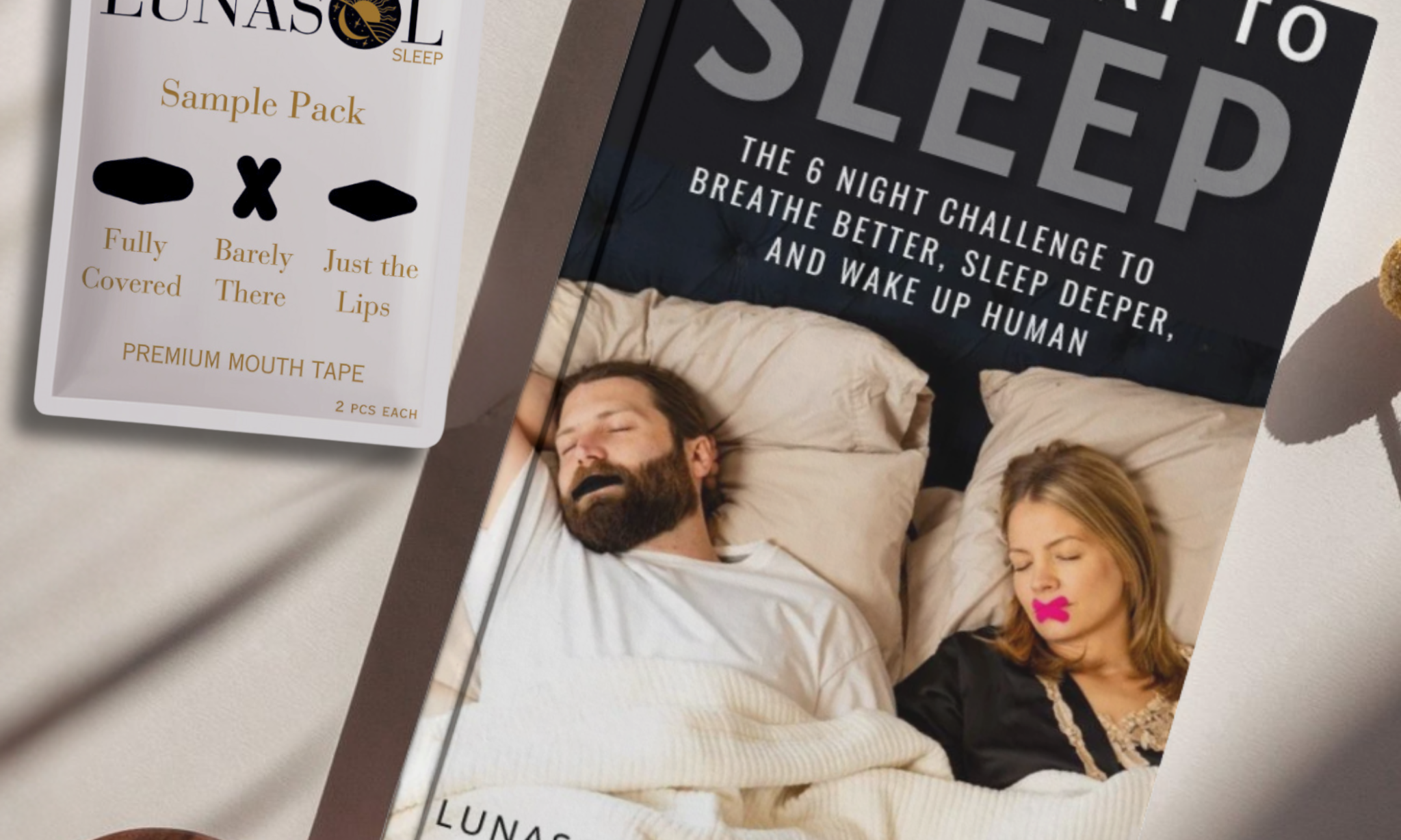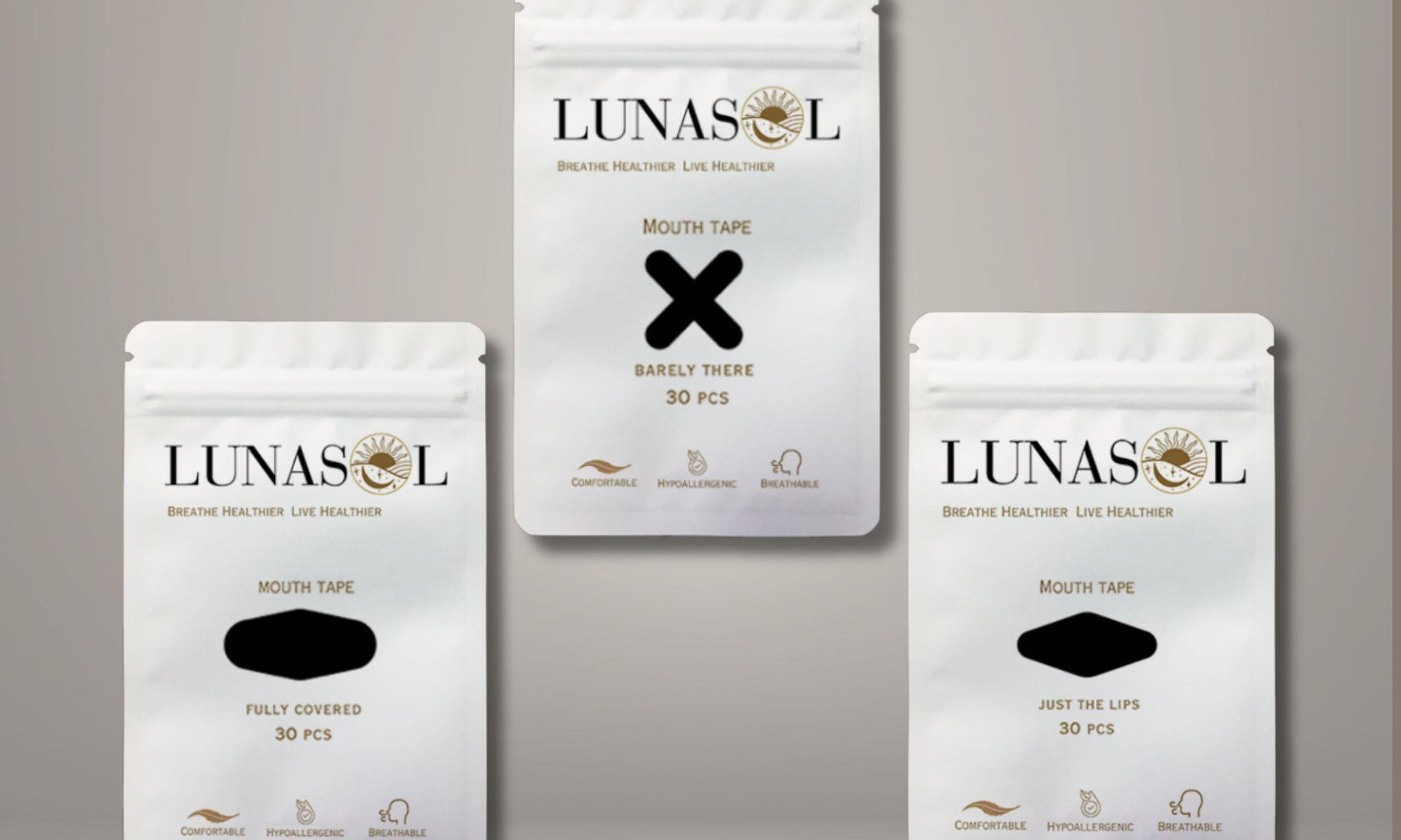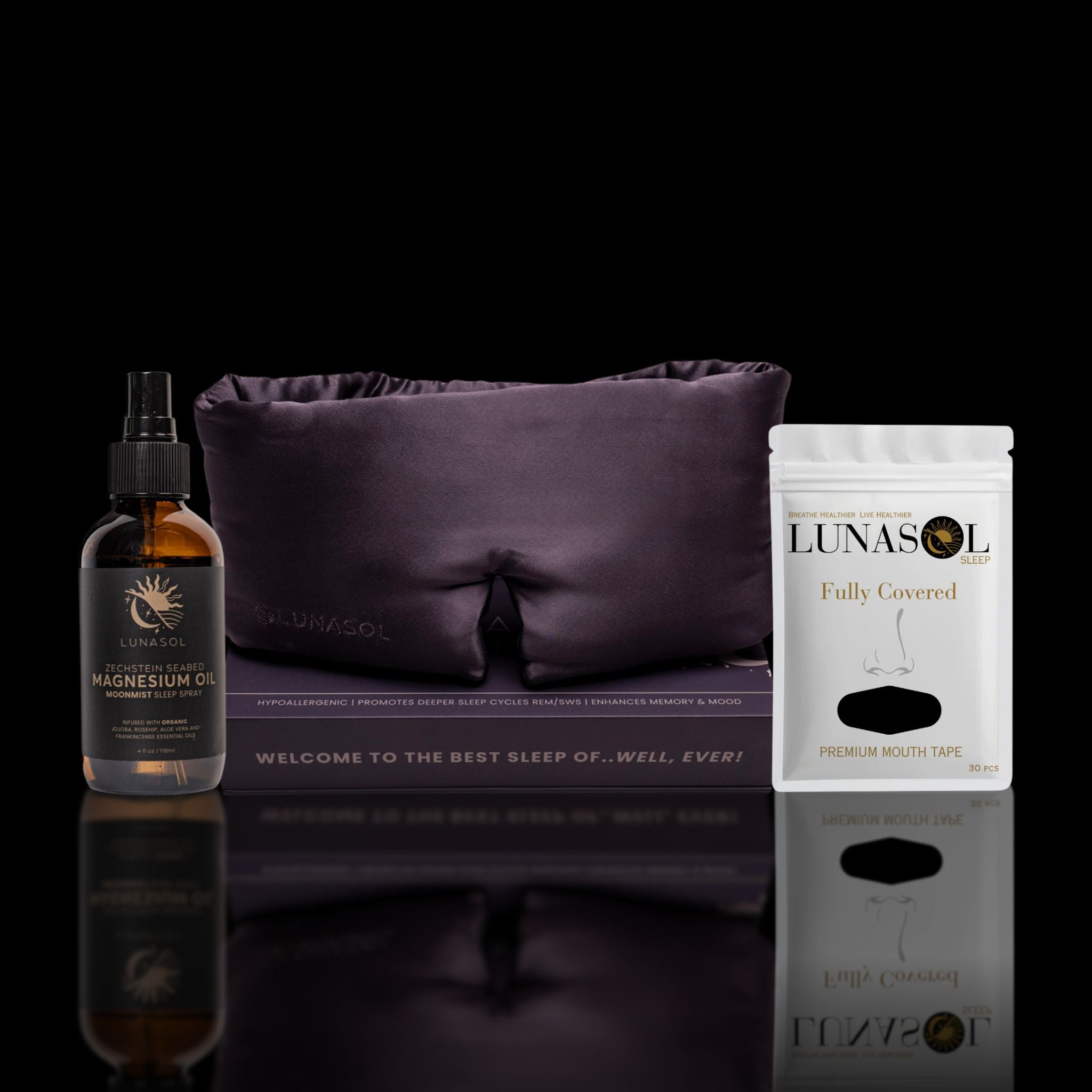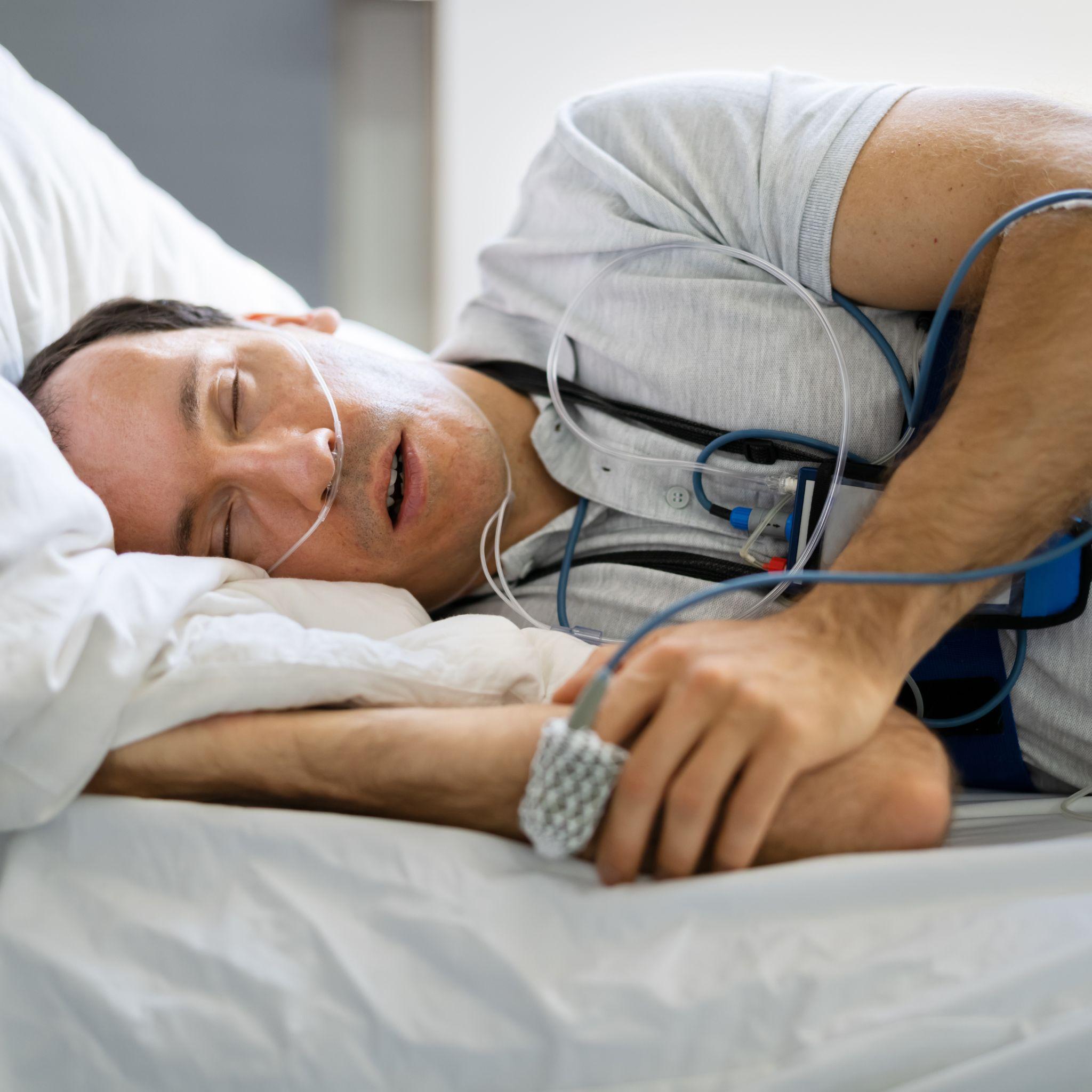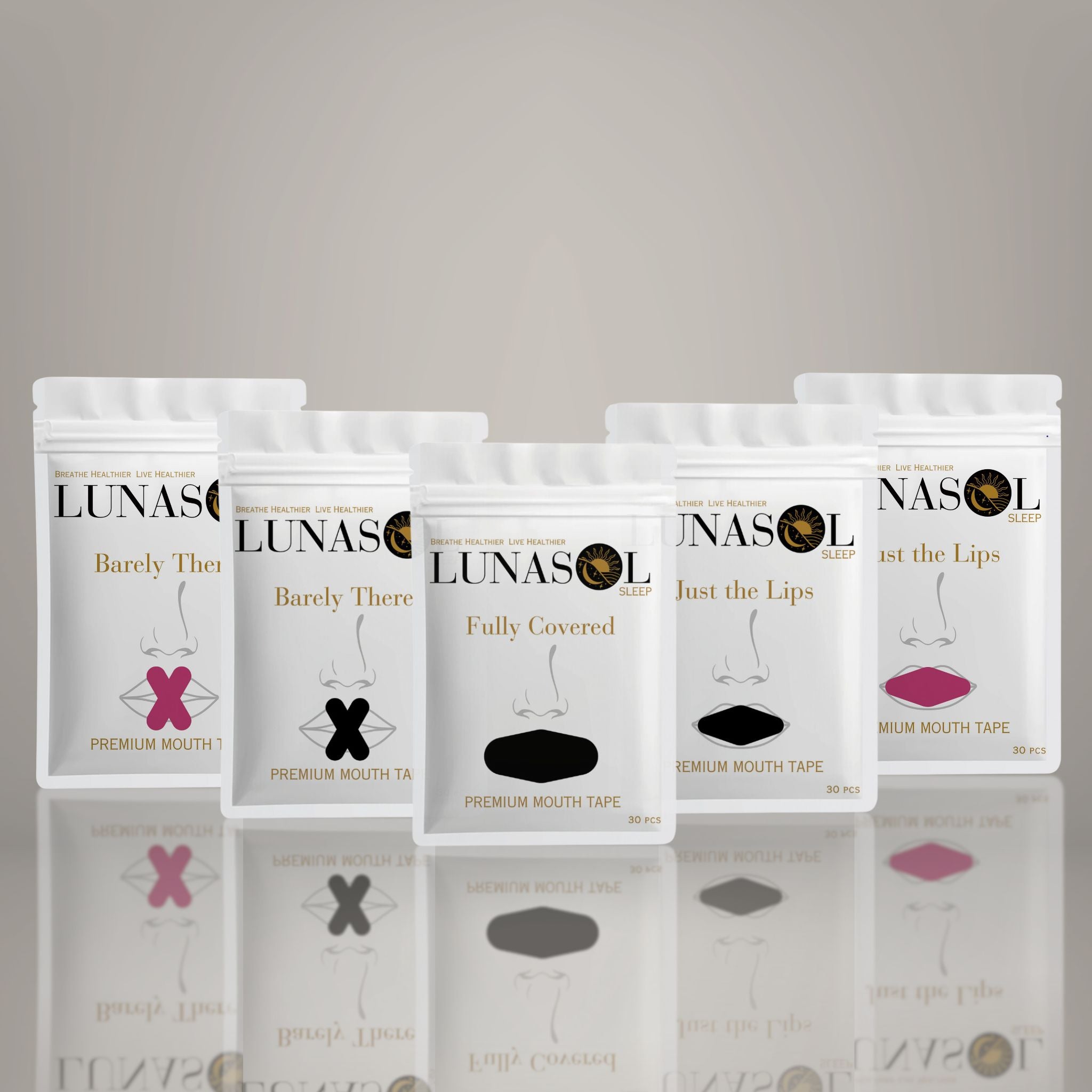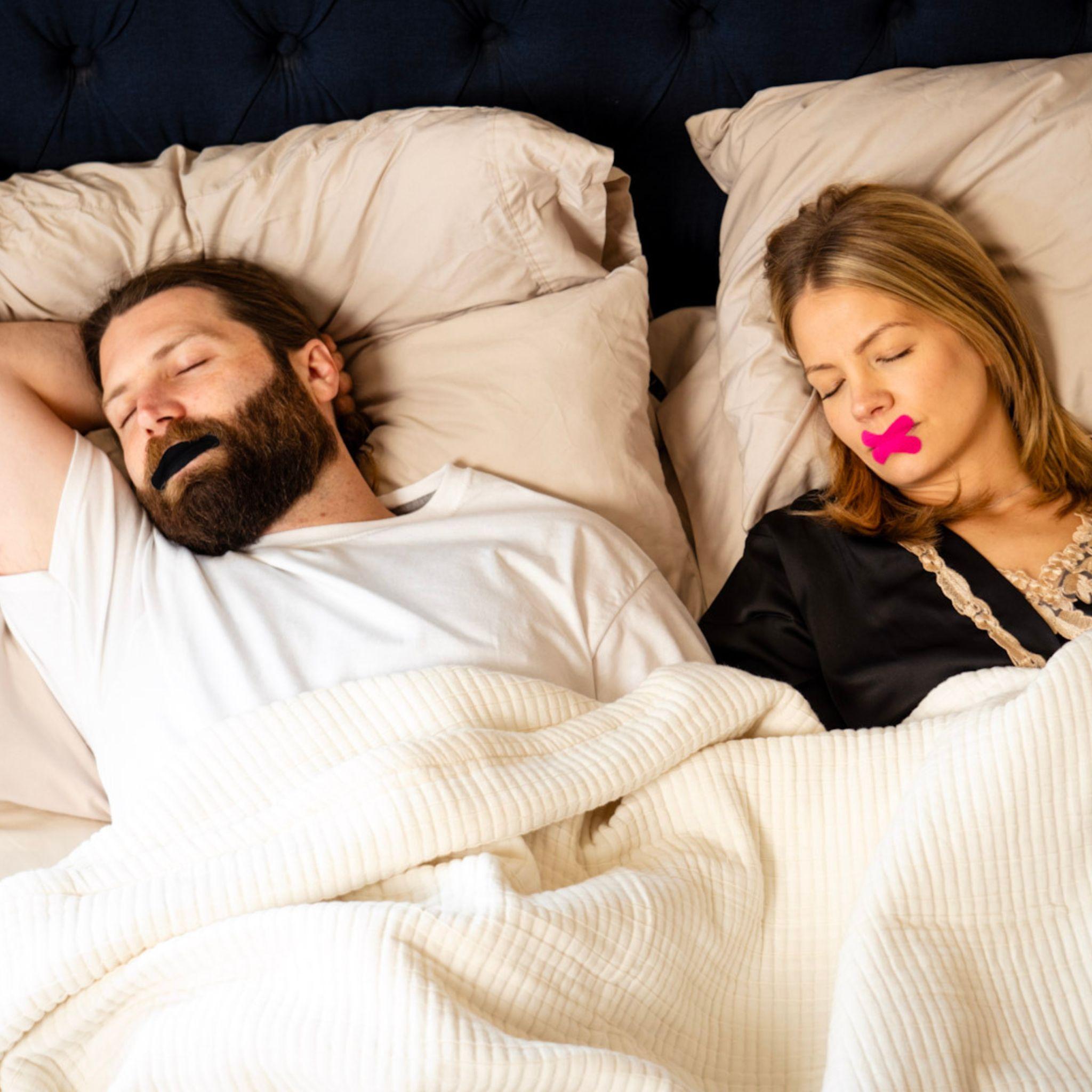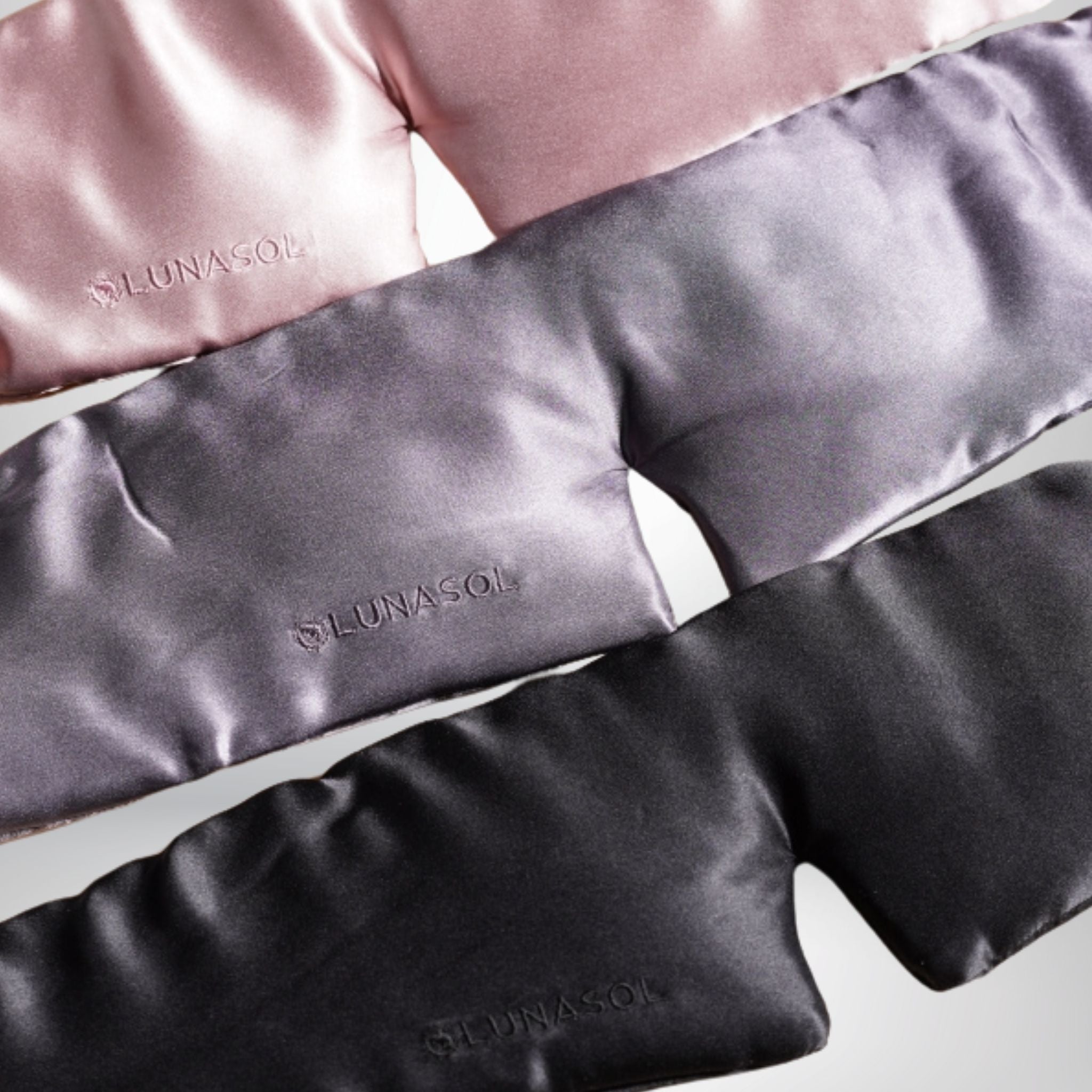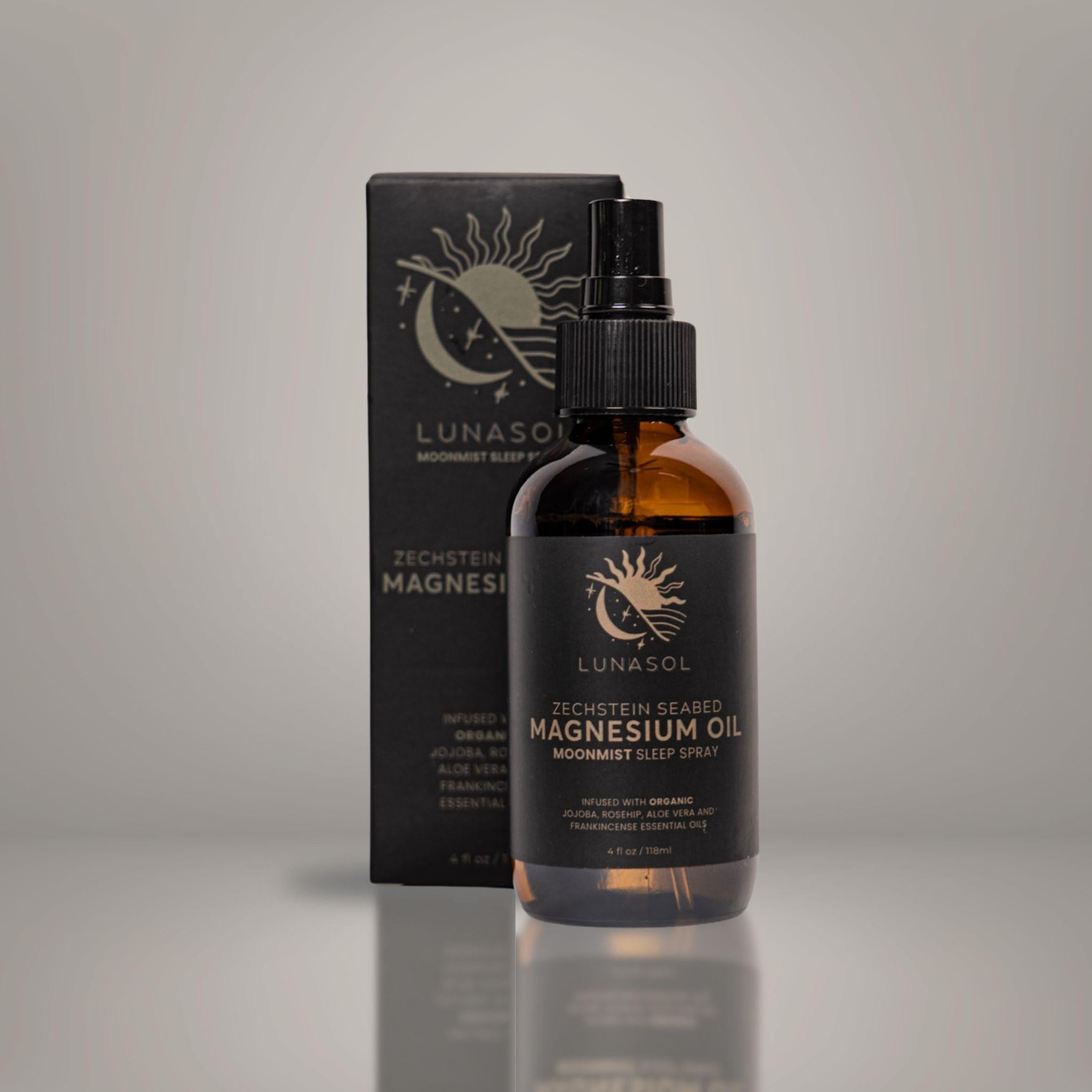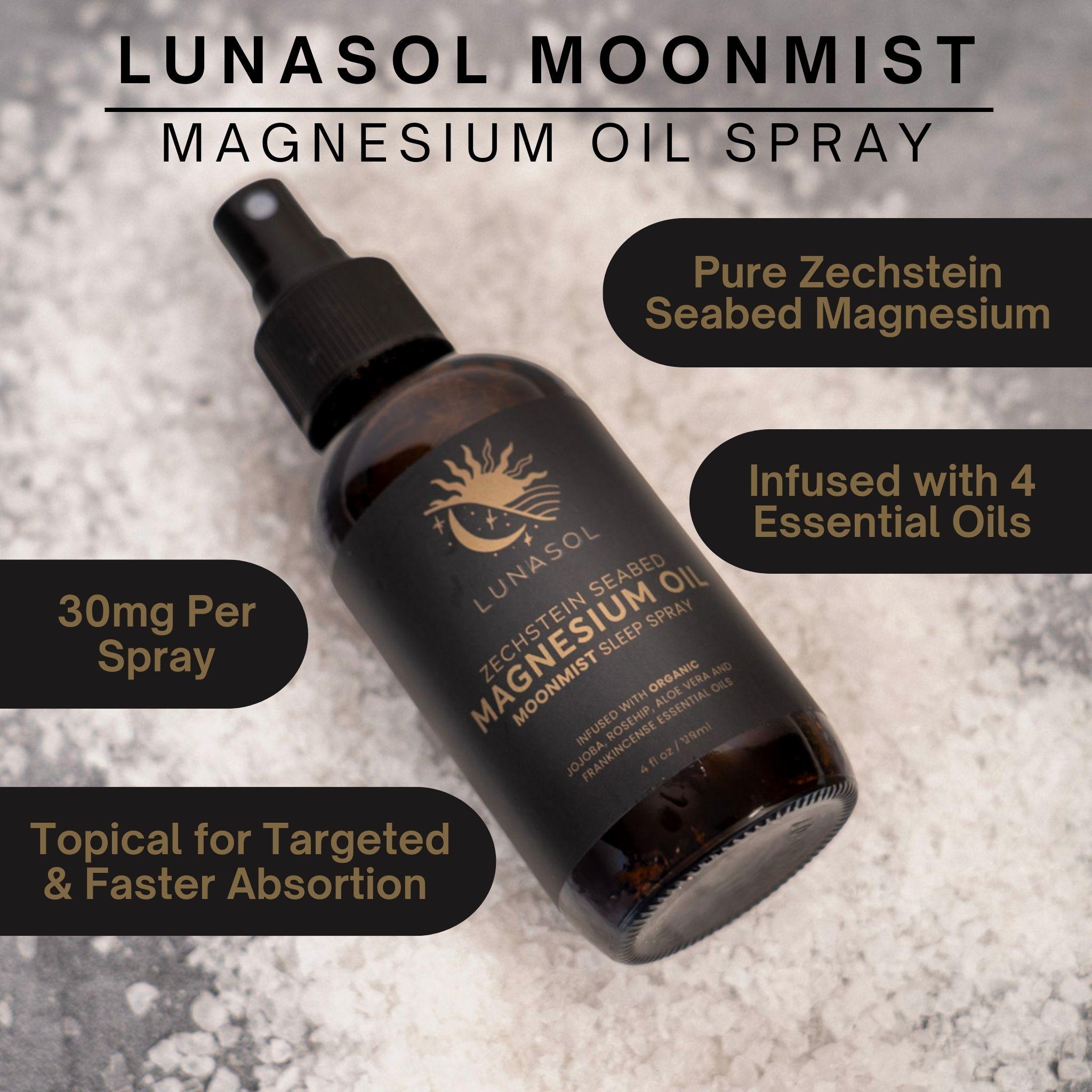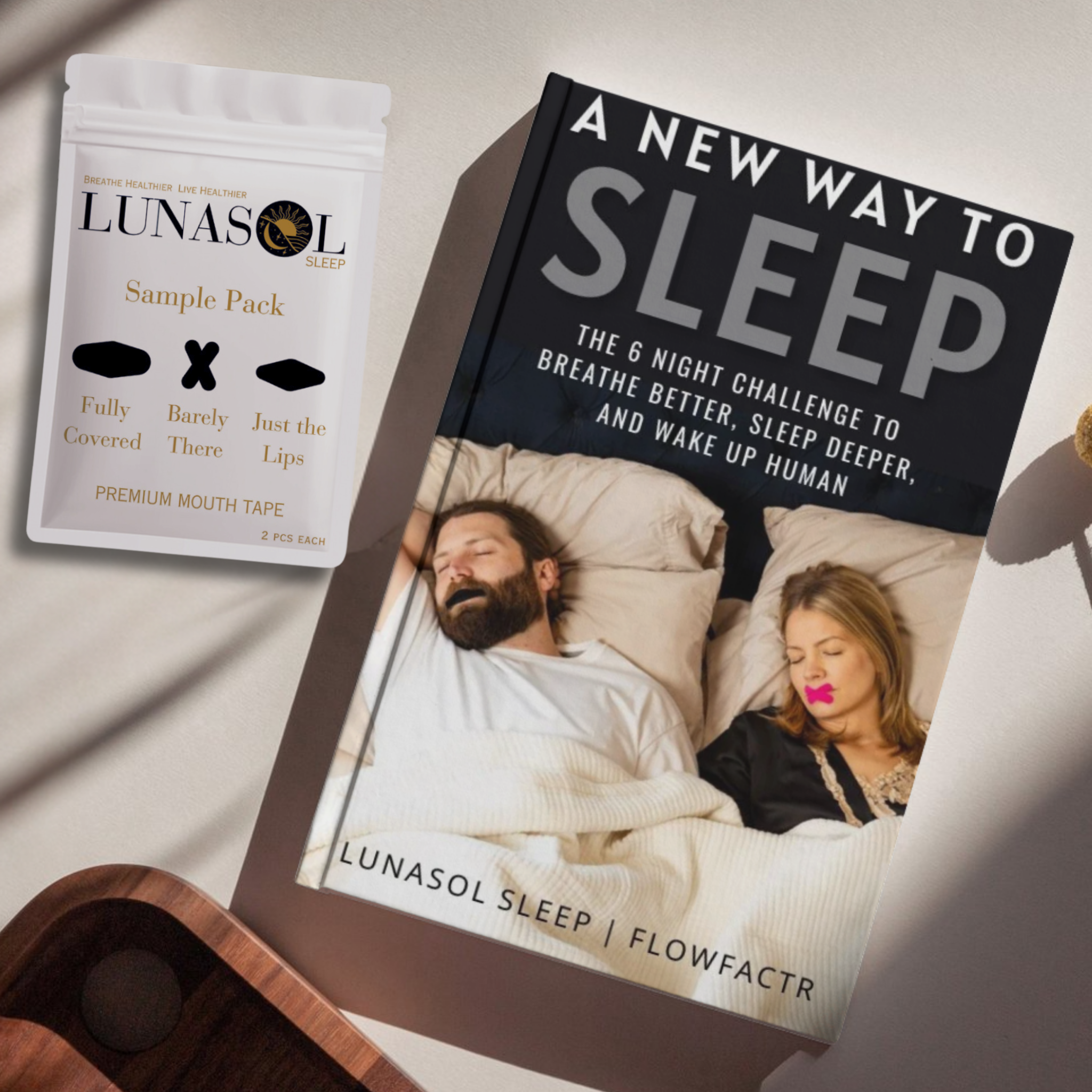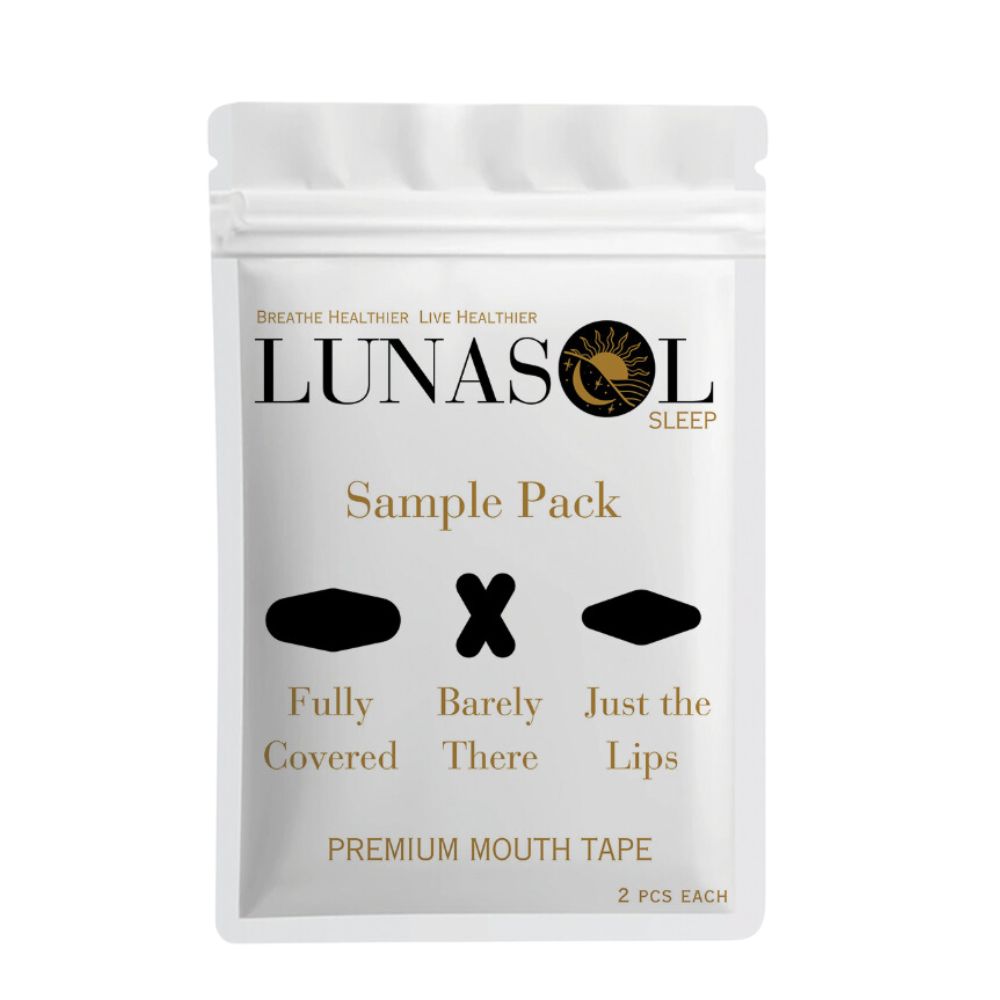In today’s non-stop world, sleep can often seem like a luxury. Between work deadlines, social engagements, and the constant distraction of digital devices, getting enough rest is frequently overlooked. Unfortunately, many people don’t realize just how essential quality sleep is for overall health. Sleep disorders, which range from mild disruptions to serious conditions, are more common than ever before. These disorders impact millions of people around the globe, silently sabotaging their physical, mental, and emotional well-being.
Sleep is not just about rest; it’s about recovery. During sleep, the body repairs tissues, consolidates memories, regulates hormones, and rejuvenates vital systems like the immune and nervous systems. A lack of quality sleep due to sleep disorders can have serious long-term effects. However, there are ways to alleviate these issues, and one surprisingly simple yet effective solution involves optimizing your breathing during sleep, particularly by using tools like Lunasol Sleep Mouth Tape to promote nasal breathing.
In this in-depth blog, we’ll explore common sleep disorders, their impact on health, and how proper breathing and Lunasol Sleep Mouth Tape can dramatically improve your sleep quality and overall health.
The Most Common Sleep Disorders and Their Effects on Health
Sleep disorders are varied and complex, but some are more prevalent than others. Whether you experience trouble falling asleep, staying asleep, or getting restful sleep, it’s essential to understand the potential health risks associated with each condition.
1. Insomnia: The Difficulty of Falling or Staying Asleep
Insomnia is one of the most widespread sleep disorders, affecting up to 30% of adults at some point in their lives. For some, insomnia may come and go, triggered by stress or life changes, while others may struggle with chronic insomnia that lasts for months or even years. The hallmark symptoms of insomnia include difficulty falling asleep, frequent waking during the night, or waking up too early without being able to go back to sleep.
Effects on Health:
- Daytime Fatigue and Cognitive Impairment: One of the most immediate and obvious consequences of insomnia is extreme daytime tiredness. Without adequate sleep, the brain struggles to function optimally. This can result in difficulty concentrating, forgetfulness, slower reaction times, and impaired decision-making.
- Mood Disorders: Insomnia often goes hand in hand with mood disorders such as anxiety and depression. Poor sleep can exacerbate mental health conditions by heightening stress and reducing emotional regulation. Over time, the lack of restorative sleep leads to irritability, mood swings, and an overall sense of emotional instability.
- Weakened Immune System: Sleep is essential for a robust immune system. During deep sleep, the body produces cytokines, proteins that help fight off infections and inflammation. Chronic insomnia can reduce the body’s ability to fend off common illnesses, leaving you more vulnerable to colds, flu, and even more serious infections.
2. Sleep Apnea: Repeated Pauses in Breathing
Sleep apnea is a serious disorder that involves repeated interruptions in breathing during sleep. These pauses can last from a few seconds to minutes and occur multiple times throughout the night. The most common form of sleep apnea, obstructive sleep apnea, occurs when the muscles in the throat relax too much, causing the airway to become blocked. Central sleep apnea, though less common, happens when the brain fails to send the correct signals to the muscles that control breathing.
Effects on Health:
- High Blood Pressure: When breathing repeatedly stops during the night, the body responds by releasing stress hormones like adrenaline. This leads to an increase in blood pressure, which can strain the heart and arteries over time. Left untreated, sleep apnea significantly increases the risk of developing hypertension.
- Heart Disease and Stroke: Sleep apnea is a major contributor to cardiovascular diseases. The repeated drop in oxygen levels puts strain on the heart, increasing the likelihood of heart attacks and arrhythmias (irregular heartbeats). People with severe sleep apnea are also more prone to strokes due to the reduced oxygen supply to the brain.
- Type 2 Diabetes: Sleep apnea has been linked to insulin resistance, which is a precursor to type 2 diabetes. This is likely due to the body’s stress response to the frequent arousals during the night, which disrupts the regulation of blood sugar levels.
3. Restless Leg Syndrome (RLS): An Urge to Move
Restless Leg Syndrome is a neurological disorder that causes uncomfortable sensations, typically in the legs, during periods of rest or inactivity. These sensations often worsen in the evening or night, leading to an uncontrollable urge to move the legs to relieve discomfort. Unfortunately, this constant need to move can seriously interfere with sleep, making it difficult to get the deep rest the body needs.
Effects on Health:
- Sleep Fragmentation: RLS frequently leads to interrupted sleep cycles, as the sensations in the legs cause frequent waking or difficulty falling asleep in the first place. Over time, the lack of uninterrupted sleep results in chronic fatigue.
- Risk of Cardiovascular Disease: Studies suggest that people with RLS may be at higher risk for developing heart disease, though the exact mechanisms are not fully understood. It’s possible that the sleep deprivation associated with RLS may contribute to this increased risk.
- Cognitive Impairment: Much like other sleep disorders, RLS can lead to cognitive problems such as difficulty concentrating, memory lapses, and decreased problem-solving skills. Sleep is crucial for mental sharpness, and repeated disruptions to sleep can have long-term effects on brain health.
4. Narcolepsy: Sudden Sleep Attacks
Narcolepsy is a chronic neurological disorder that affects the brain’s ability to regulate sleep-wake cycles. People with narcolepsy experience excessive daytime sleepiness and may suddenly fall asleep without warning, even during activities that require attention, such as driving or talking. Additionally, narcolepsy is often accompanied by cataplexy, which is a sudden loss of muscle tone triggered by strong emotions.
Effects on Health:
- Dangerous Situations: Sudden sleep attacks can be extremely dangerous, particularly during activities like driving, cooking, or operating machinery. The inability to control when or where you fall asleep can lead to accidents and injuries.
- Emotional Health: Because narcolepsy can significantly interfere with daily life, it often leads to feelings of frustration, embarrassment, and social isolation. Many individuals with narcolepsy experience anxiety and depression due to the unpredictability of their condition.
- Memory and Cognitive Decline: Narcolepsy can affect the brain’s ability to process and store memories. The frequent sleep disruptions prevent the brain from completing essential memory consolidation processes, leading to issues with focus and cognitive function.
The Importance of Proper Breathing During Sleep
Breathing is an automatic function, but many people don’t realize that the way we breathe during sleep can have a profound impact on our overall health. While both mouth and nasal breathing are ways to get air into the lungs, nasal breathing is far superior, especially during sleep. Unfortunately, many individuals unknowingly breathe through their mouth during the night, particularly those with sleep disorders like sleep apnea or nasal congestion due to allergies or a deviated septum.
Mouth Breathing vs. Nasal Breathing: What’s the Difference?
Mouth breathing during sleep is surprisingly common, but it can lead to a variety of problems, including snoring, dry mouth, and an increased risk of sleep apnea. When you breathe through your mouth, the air bypasses the natural filters and humidifiers in your nasal passages, allowing dry, unfiltered air into your lungs. This can lead to:
- Dry Mouth and Throat: Chronic mouth breathing can dry out the oral cavity, leading to a higher risk of cavities, gum disease, and bad breath. Additionally, a dry throat can cause discomfort and even lead to sore throats upon waking.
- Snoring and Sleep Apnea: Mouth breathing is a leading cause of snoring, as it causes the soft tissues in the throat to vibrate. This can disrupt sleep not only for the mouth breather but also for anyone sleeping nearby. Over time, mouth breathing can also contribute to or worsen obstructive sleep apnea.
- Decreased Oxygen Intake: Nasal breathing is more efficient than mouth breathing, as the nasal passages are designed to filter, humidify, and regulate the flow of air. Mouth breathing reduces the body’s oxygen intake, which can lead to feelings of fatigue and contribute to poor health outcomes.
In contrast, nasal breathing offers numerous benefits for both sleep quality and overall health:
- Filtered Air: The nose acts as a natural filter, trapping dust, allergens, and other particles before they enter the lungs. This helps reduce the risk of respiratory infections and allergies.
- Humidified Air: Nasal passages humidify the air before it reaches the lungs, preventing dry air from irritating the respiratory system.
- Increased Oxygen Efficiency: Nasal breathing helps regulate the amount of oxygen that enters the lungs, leading to improved oxygenation of the blood and better overall health.
- Reduced Snoring: Breathing through the nose helps reduce or eliminate snoring by keeping the airway open and minimizing the vibrations that cause snoring.
- Boosted Nitric Oxide Production: Nasal breathing stimulates the production of nitric oxide, a molecule that helps improve lung function and enhances the absorption of oxygen in the blood.
- Improved Sleep Quality: By promoting deeper, uninterrupted sleep, nasal breathing allows for a more restorative rest, which is essential for maintaining physical, mental, and emotional health.
How Lunasol Sleep Mouth Tape Can Help
For people who struggle with mouth breathing during sleep, transitioning to nasal breathing can be challenging. That’s where Lunasol Sleep Mouth Tape comes in. This simple but effective tool gently encourages the body to breathe through the nose by keeping the mouth closed during sleep.
How Does Lunasol Sleep Mouth Tape Work?
Lunasol Sleep Mouth Tape is designed to help you breathe better by preventing your mouth from opening while you sleep. By taping your mouth closed, the tape encourages nasal breathing, allowing you to take full advantage of the benefits of breathing through your nose. Over time, your body adapts, and nasal breathing becomes more natural even when you’re not consciously thinking about it.
Benefits of Using Lunasol Sleep Mouth Tape:
- Reduces Snoring: By keeping the mouth closed, the tape helps prevent snoring, allowing both you and your partner to enjoy a quieter, more restful night’s sleep.
- Improves Sleep Apnea Symptoms: For individuals with mild to moderate sleep apnea, mouth taping can help reduce the frequency and severity of breathing interruptions by promoting better airway function.
- Promotes Restorative Sleep: Nasal breathing encourages deeper, more restful sleep, leading to better energy levels, improved mood, and greater cognitive function.
- Supports Oral Health: Mouth taping prevents dry mouth, reducing the risk of oral health issues such as cavities and gum disease.
- Boosts Oxygen Levels: Nasal breathing allows for more efficient oxygen exchange, leading to improved lung function and better overall health.
Lunasol Sleep Mouth Tape Styles
Lunasol offers three different styles of mouth tape, ensuring that there’s an option for everyone:
- Barely There: Ideal for beginners, this style is designed for those who are just starting with mouth taping. It provides gentle adhesion, allowing you to get used to the feeling of the tape without feeling too restrictive.
- Just the Lips: This style covers only the lips, making it perfect for people with facial hair or sensitive skin. It’s designed to keep the mouth closed while remaining comfortable and non-invasive.
- Fully Covered: For those who need a more secure solution, the fully covered option provides maximum support by covering the entire mouth area, ensuring that the lips stay sealed throughout the night.
All Lunasol Sleep Mouth Tape products are made with hypoallergenic, medical-grade materials, so they’re safe for all skin types and won’t cause irritation, even for those with beards or sensitive skin. The adhesive is gentle but effective, allowing for a secure fit that won’t damage your skin when removed in the morning.
The Health Benefits of Mouth Taping
Switching from mouth breathing to nasal breathing can have profound effects on your overall health. Some of the key benefits include:
- Reduced Snoring: Mouth taping significantly decreases snoring by keeping the mouth closed, preventing the vibrations in the throat that cause snoring.
- Improved Sleep Apnea Symptoms: By promoting nasal breathing, mouth taping can help reduce the frequency and severity of obstructive sleep apnea episodes, leading to fewer nighttime disruptions.
- Enhanced Sleep Quality: Nasal breathing encourages deeper, more restorative sleep by promoting oxygen flow and reducing disruptions like snoring or sleep apnea. This helps you wake up feeling more refreshed and energized.
- Better Oral Health: Mouth taping prevents the dry mouth that often accompanies mouth breathing, reducing the risk of cavities, gum disease, and bad breath.
- Increased Oxygen Intake: Nasal breathing is more efficient than mouth breathing, allowing for better oxygen absorption, which can improve cardiovascular health and overall energy levels.
How to Use Lunasol Sleep Mouth Tape
Using Lunasol Sleep Mouth Tape is easy and straightforward. Follow these simple steps for optimal results:
- Clean and Dry Your Skin: Before applying the tape, make sure that your lips and the surrounding skin are clean and dry. This will help the tape adhere properly.
- Apply the Tape: Choose the style of Lunasol Sleep Mouth Tape that best suits your needs. Place the tape gently over your lips, ensuring that it covers the mouth and holds it closed.
- Focus on Nasal Breathing: Once the tape is in place, breathe through your nose. Over time, your body will naturally adjust to nasal breathing, and it will become second nature.
- Remove in the Morning: When you wake up, gently remove the tape. You should feel more refreshed and energized after a night of uninterrupted, restorative sleep.
Conclusion: A Simple Solution to Better Sleep and Health
Sleep disorders can have a serious impact on your quality of life, from physical health problems like heart disease and diabetes to mental health issues like anxiety and depression. However, improving your breathing patterns, particularly by promoting nasal breathing, can make a dramatic difference in the quality of your sleep.
Lunasol Sleep Mouth Tape provides a simple yet highly effective way to encourage nasal breathing during sleep, helping you reduce snoring, improve sleep apnea symptoms, and experience deeper, more restorative rest. Whether you’re dealing with a sleep disorder or simply want to optimize your sleep, mouth taping can help you breathe, sleep, and live better.
Breathe | Sleep | Live Better


